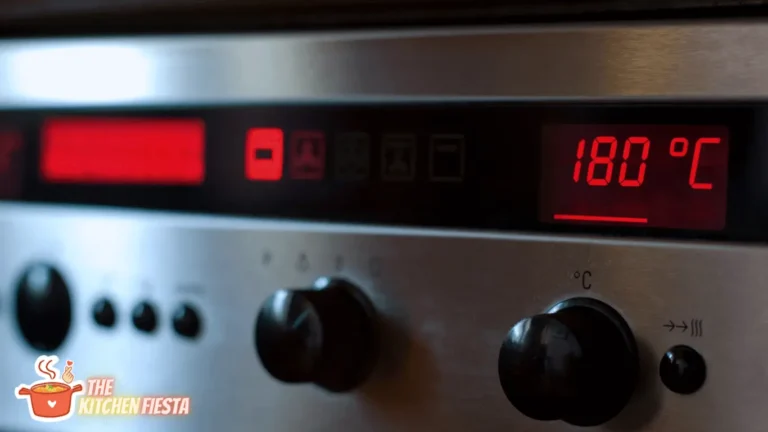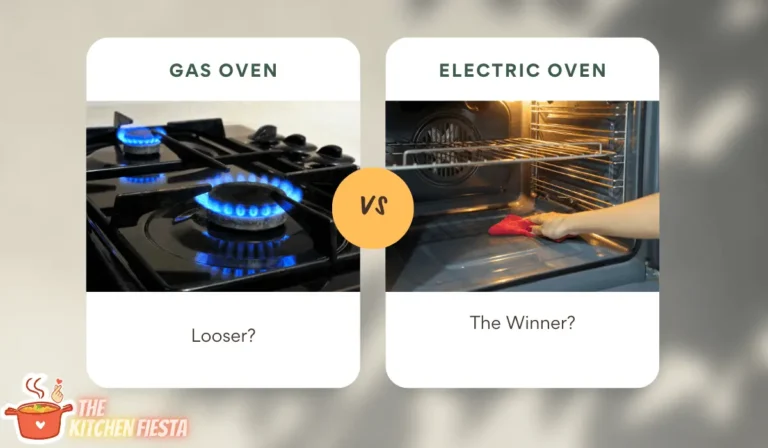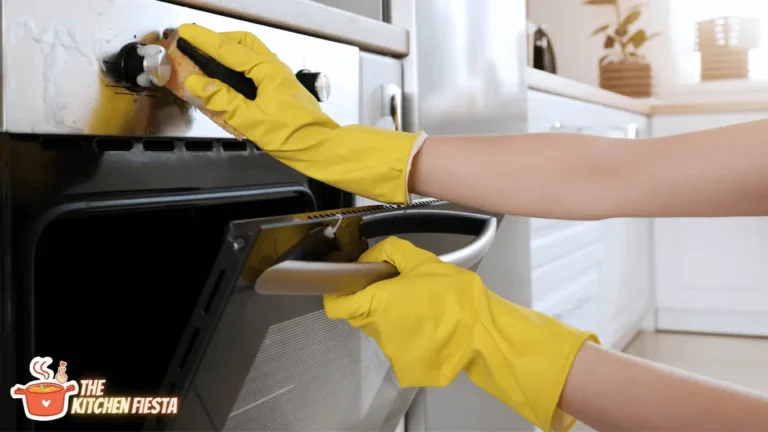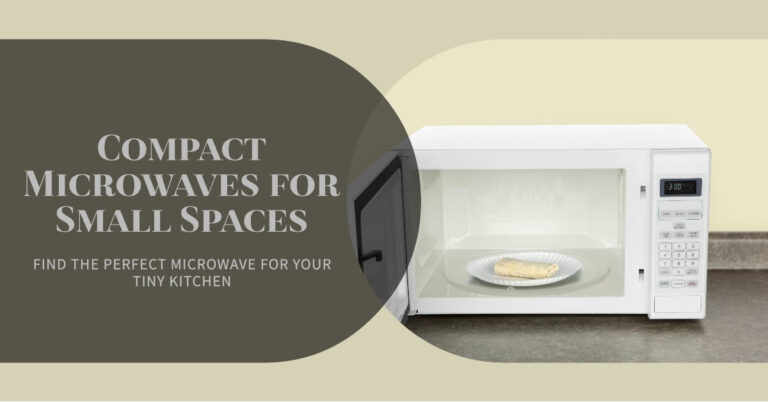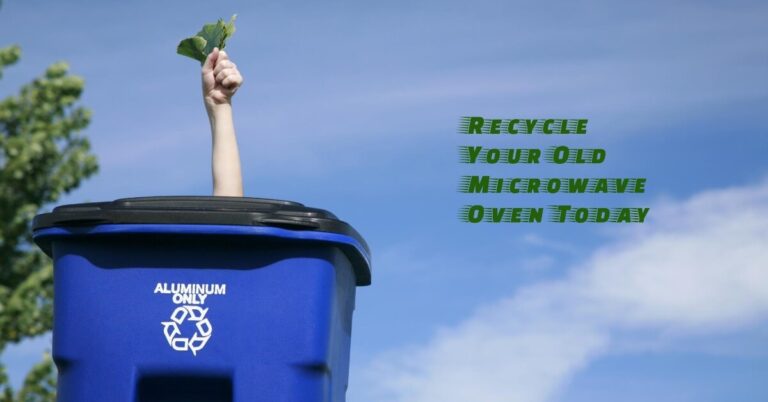can you put an Aluminium pan in the oven?
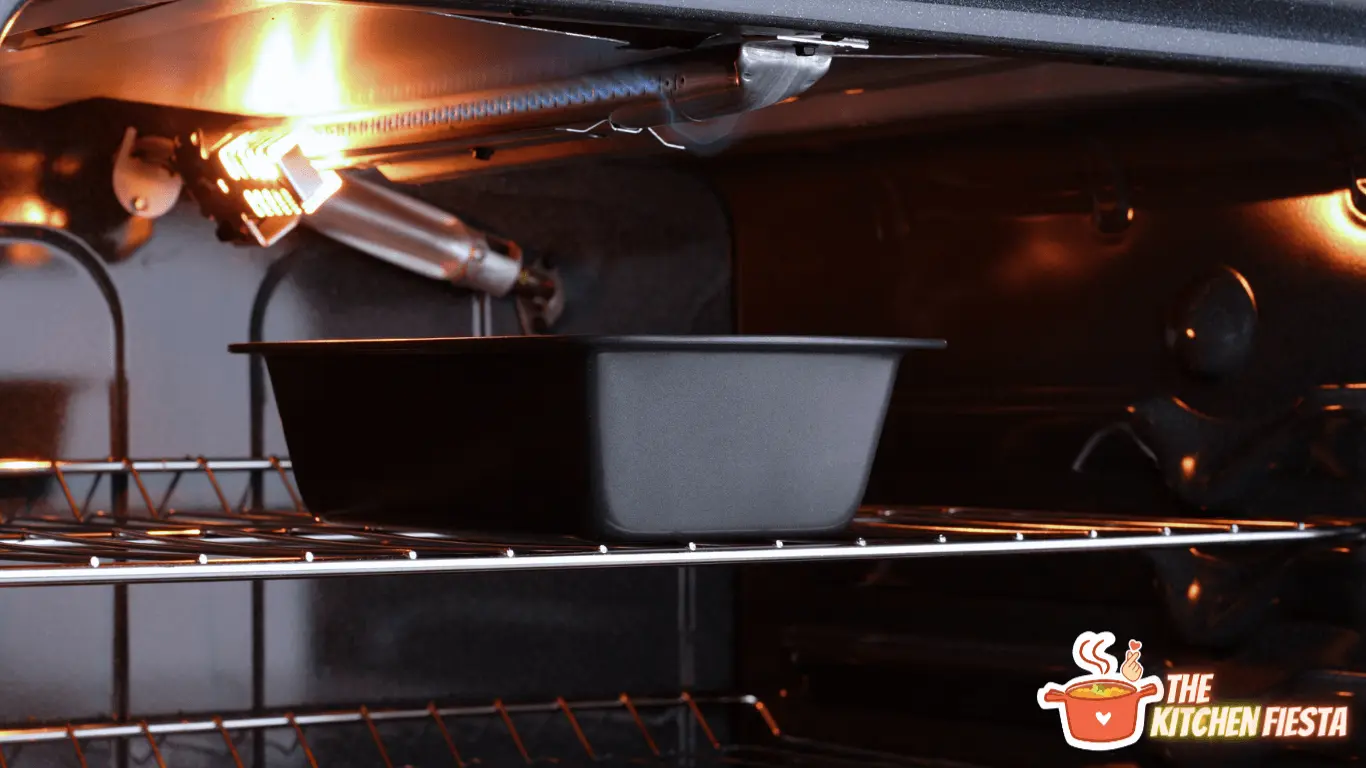
Aluminium pans are a staple in many kitchens due to their durability, affordability, and versatility. However, when it comes to using them in the oven, many people are unsure if it’s safe to do so. can you put an Aluminium pan in the oven?
The answer is yes, but with some important considerations. Not all aluminium pans are created equal. To ensure that your aluminium pan is safe to use in the oven, make sure it’s labelled as oven-safe. Avoid using aluminium pans that have plastic, wood, or other flammable components, as this poses a fire hazard.
When using an aluminium pan in the oven, it’s also important to be mindful of the temperature. Aluminium is a great heat conductor, which makes it a popular choice for cookware, but it can also heat up quickly and become very hot to the touch.
Aluminium Pans
What Happens When You Put an Aluminum Pan in the Oven?
When using an aluminum pan in the oven, it’s important to note that it may warp or bend over time, causing your food to bake unevenly. Additionally, aluminum pans can be difficult to clean, especially if they become discolored or stained. If you’re looking for a pan to use in the oven, opt for one made of glass or ceramic. These materials are less likely to warp and are easier to clean.
Here are a few tips to keep in mind when using aluminum pans in the oven:
- Make sure the pan is labeled as oven-safe.
- Avoid using aluminum pans that also have plastic, wood, or other flammable components, as this poses a fire hazard.
- Do not use aluminum foil pans in the microwave, as they can catch fire.
- When using aluminum pans, be sure to monitor your food carefully to ensure it cooks evenly.
- If your aluminum pan becomes discolored or stained, try soaking it in a mixture of baking soda and water for a few hours before washing it with soap and water.
Overall, aluminum pans can be a good budget-friendly option for cookware, but it’s important to take some precautions when using them in the oven. By following these tips, you can ensure your food cooks evenly and your aluminum pan stays in good condition.
Oven Safety
When it comes to using the oven, it is important to take certain precautions to ensure your safety and the safety of those around you. Here are some general oven safety tips to keep in mind:
General Oven Safety Tips
- Always use oven mitts or potholders when handling hot dishes or cookware.
- Keep loose clothing, hair, and other flammable materials away from the oven while it is in use.
- Make sure to clean the oven regularly to prevent the buildup of grease and other flammable materials.
- Never leave the oven unattended while it is in use.
- Always follow the manufacturer’s instructions for your oven and cookware.
What Types of Cookware Are Safe to Use in the Oven?
When using the oven, use cookware that is safe for high temperatures. Here are some types of cookware that are safe to use in the oven:
- Glass: Glass cookware is safe for use in the oven and can withstand high temperatures. However, make sure to avoid sudden temperature changes, as this can cause the glass to crack or shatter.
- Ceramic: Ceramic cookware is also safe for use in the oven, but make sure to check the manufacturer’s instructions to ensure that it is oven-safe.
- Stainless Steel: Stainless steel cookware is safe for use in the oven, but make sure to avoid using cookware with plastic handles, as these can melt or become damaged in high temperatures.
- Cast Iron: Cast iron cookware is safe for use in the oven and can withstand high temperatures. However, make sure to season the cookware properly before use to prevent rusting.
Alternatives to Aluminum Pans
There are plenty of alternatives to aluminium pans that can be used in the oven. Here are a few options to consider:
1. Stainless Steel Pans
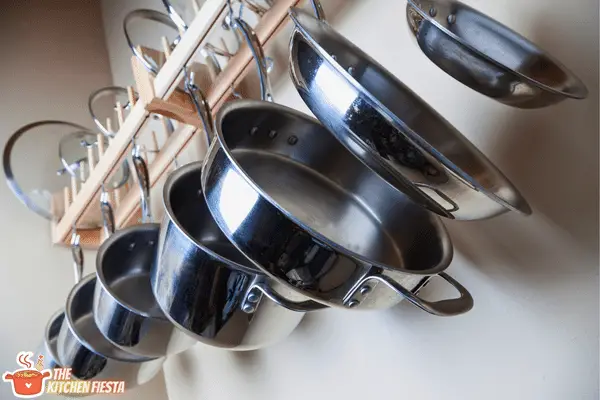
Stainless steel pans are a popular choice for baking and cooking. They are durable, easy to clean, and can withstand high temperatures. Stainless steel pans are also non-reactive, which means they won’t interact with acidic ingredients like tomatoes or citrus fruits. This makes them a great option for baking dishes like lasagna or casseroles.
2. Cast Iron Pans
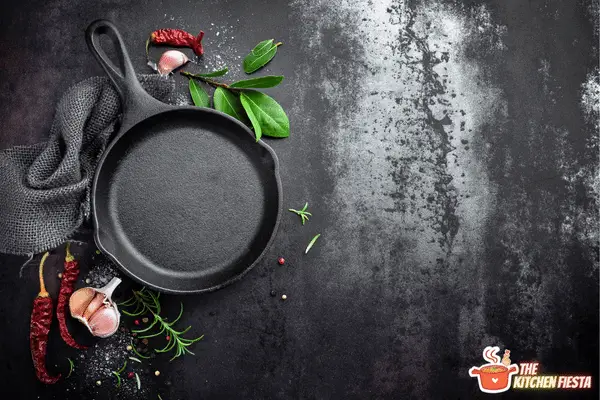
Cast iron pans are another excellent option for baking. They are known for their ability to retain heat, which makes them ideal for dishes that require long, slow cooking times. Cast iron pans are also versatile and can be used on the stovetop or in the oven. However, they do require a bit of maintenance, including seasoning and proper cleaning.
3. Glass Pans
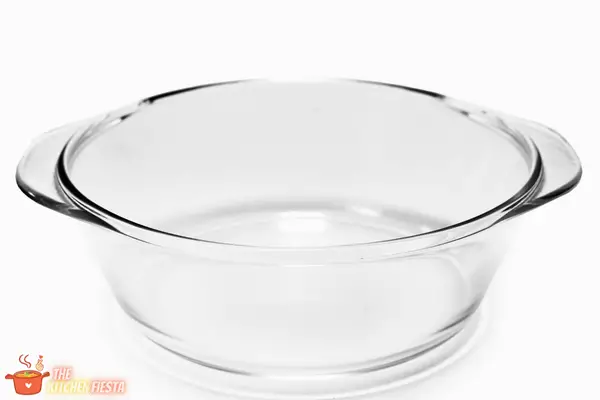
Glass pans are a popular choice for baking cakes, pies, and other desserts. They are transparent, which allows you to see how your food is cooking, and they are also non-reactive. However, glass pans can be more fragile than other types of pans, so it’s important to handle them with care. Additionally, they can take longer to heat up than other types of pans, so you may need to adjust your cooking time accordingly.
By using these alternatives to aluminum pans, you can enjoy delicious baked goods without worrying about the potential health risks associated with aluminum. Just make sure to choose a pan that is appropriate for the dish you are making and follow the manufacturer’s instructions for use and care.
Bottom Line
In summary, aluminum pans can be used in the oven, but there are some things to keep in mind. Here’s what we’ve learned:
- Check the label: Make sure your aluminum pan is labeled as oven-safe before using it in the oven.
- Avoid flammable components: Aluminum pans with plastic, wood, or other flammable components should not be used in the oven.
- Watch for acidic foods: Cooking acidic foods in uncoated aluminum pans can cause the metal to leach into the food, so it’s best to use anodized or nonreactive materials for these types of dishes.
- Consider the temperature: Most aluminum pans can handle temperatures up to 500°F, but some high-quality carbon steel frying pans can handle temperatures up to 1200°F.
Overall, aluminum pans are a versatile and affordable option for baking and cooking in the oven. Just be sure to use them safely and appropriately to avoid any potential hazards.
FAQs: can you put an Aluminium pan in the oven?
As we explore the topic of using aluminum pans in the oven, we’ve come across some unique questions that may be helpful to address. Here are some frequently asked questions and answers to help you better understand the use of aluminum pans in the oven.
Can I Use Aluminum Foil Instead Of An Aluminum Pan In The Oven?
Yes, you can use aluminum foil instead of an aluminum pan in the oven. However, it’s important to note that aluminum foil is not as sturdy as an aluminum pan. Therefore, it may not hold up as well when baking heavier dishes or when transferring the dish to and from the oven. Additionally, using aluminum foil may cause the food to cook faster and may result in uneven cooking.
Can I Use An Aluminum Pan On The Stovetop?
No, you should not use an aluminum pan on the stovetop. Aluminum is not a good conductor of heat on the stovetop and may cause the pan to warp or melt. Additionally, the high heat on the stovetop may cause the aluminum to release chemicals into the food, which can be harmful to your health.
Can I Use Aluminum Pans In The Microwave?
Yes, you can use aluminum pans in the microwave. However, it’s important to use caution when doing so. Make sure the pan is labeled as microwave-safe and avoid using aluminum pans with sharp edges or corners. Additionally, do not let the aluminum pan touch the sides of the microwave as this can cause sparking.
Can I Put An Aluminum Pan In The Dishwasher?
Yes, you can put an aluminum pan in the dishwasher. However, it’s important to note that the dishwasher may cause the pan to discolor or become dull over time. Additionally, using harsh detergents or high heat in the dishwasher may cause the pan to warp or become damaged.
Can I Reuse Aluminum Pans?
Yes, you can reuse aluminum pans. However, it’s important to note that the pans may become discolored or damaged over time. Additionally, using harsh detergents or high heat may cause the pans to warp or become damaged. If the pan becomes warped or damaged, it’s best to discard it and use a new one.

